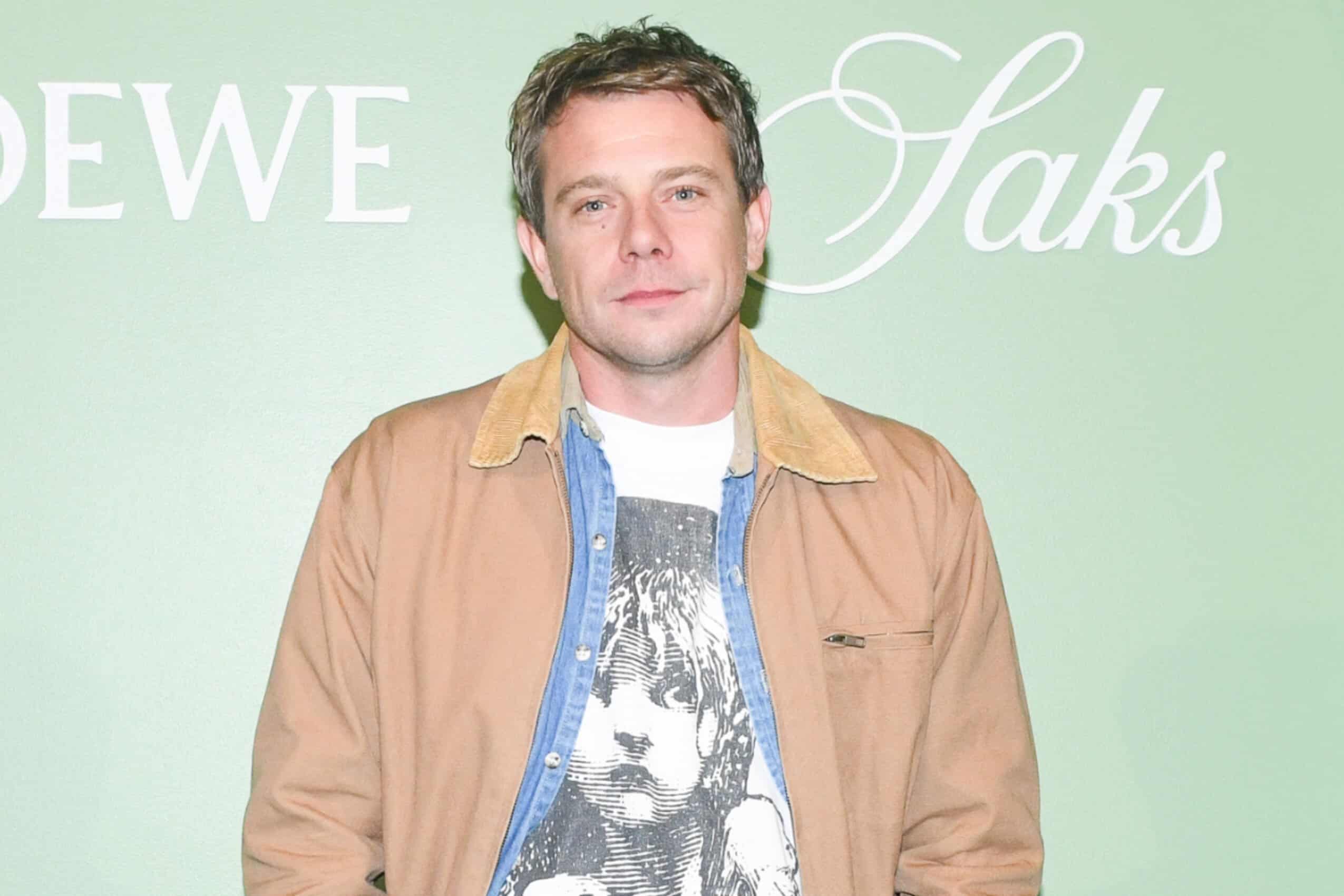Former NFL star Michael Oher, whose “adoption” story inspired Michael Lewis’s book and the subsequent 2009 hit The Blind Side, filed a bombshell lawsuit this week claiming he was never actually adopted by the Tuohys, an affluent white family, and instead was placed in a conservatorship. Oher alleged the Tuohy family, including their two biological children, made millions from the award-winning film while he has not profited.
“I am disheartened by the revelation shared in the lawsuit today. This is a difficult situation for my family and me,” a spokesperson for Oher tells Yahoo Entertainment in a statement. “I want to ask everyone to please respect our privacy at this time. For now, I will let the lawsuit speak for itself and will offer no further comment.”
Sean Tuohy spoke out, and while he confirmed Oher was placed in a conservatorship, he claimed the legal hold was set up to help the athlete. Sean said he and wife Leigh Anne Tuohy, whom Sandra Bullock portrayed in the Warner Bros. film that earned her an Oscar, are “devastated” by the lawsuit. They also deny making a ton of money in royalties, as did son Sean Tuohy Jr.
On Tuesday, the Tuohys’ lawyer Marty Singer issued a statement in response to Oher’s lawsuit and accuse Oher of attempted extortion before taking his allegations to the press. “Even recently, when Mr. Oher started to threaten them about what he would do unless they paid him an eight-figure windfall, and, as part of that shakedown effort refused to cash the small profit checks from the Tuohys, they still deposited Mr. Oher’s equal share into a trust account they set up for his son,” the statement reads.
What does it mean that Oher was placed in a conservatorship? What is each side saying? And how do legal experts view Oher’s explosive allegations? Here’s everything you you need to know about the shocking scandal.
Oher being placed in a conservatorship makes ‘no sense,’ experts agree
In the lawsuit, which has been viewed by Yahoo, Oher claims he was essentially tricked into entering into a conservatorship. A conservatorship is a court order that appoints someone, in this case the Tuohys, to oversee the financial affairs of a minor or a person who is incapacitated.
“Michael was falsely advised by the Tuohys that because he was over the age of eighteen, that the legal action to adopt Michael would have to be called a ‘conservatorship’ but it was, for all intents and purposes, an adoption,” the lawsuit reads.
Oher alleges he found out in February that he was not really adopted. The former Baltimore Ravens player is asking the court to end the conservatorship and to stop the Tuohys from using his name and likeness. He also wants to see detailed earnings the family has made from using his story.
Legal analyst Chris Melcher, partner of Walzer Melcher & Yoda, reviewed the lawsuit and believes it makes “no sense why Michael was placed under a conservatorship.”
“Michael is claiming that he was told by the Tuohys in 2004, when he was 18, that they wanted to adopt him. They presented papers drawn up by a family attorney, who they called Aunt Debbie, for the supposed adoption. Instead, it was an agreed petition to appoint the Tuohys as his conservators. Michael was placed under a conservatorship where his right to make contracts, and even his right to make medical decisions, was taken away and give over to the Tuohys,” Melcher says. “Michael was never adopted and the conservatorship remains in place 19 years later.”
Melcher adds, “For the rights of an adult to be taken away in a conservatorship, the person must be unable to care for himself or resist fraud or undue influence because of a medical or psychological condition. Michael had no such condition.”
Attorney Harry Nelson, founder and managing partner of Nelson Hardiman, agrees the situation is baffling.
“Given the absence of any evidence that Michael Oher was unable to make decisions for himself, it makes absolutely no sense that the Tuohys sought a conservatorship in the first place or that they were able to keep the conservatorship in place for so many years,” Nelson, who’s done many conservatorships, explains to Yahoo. “It gave them an inordinate level of control that is totally at odds with the way they portrayed the relationship. Had there been evidence that other people were preying on Oher and he was unable to protect himself, it might have made sense, but, here, it looks like the Tuohys themselves were the predators.”
Sean claims the conservatorship was to make sure Oher was eligible to play football at the University of Mississippi
In an interview with the Daily Memphian, Sean alleged the conservatorship was to prevent possible trouble with the NCAA.
“Michael was obviously living with us for a long time, and the NCAA didn’t like that,” he said in an interview published on Monday. “They said the only way Michael could go to Ole Miss was if he was actually part of the family. I sat Michael down and told him, ‘If you’re planning to go to Ole Miss — or even considering Ole Miss — we think you have to be part of the family. This would do that, legally.’ We contacted lawyers who had told us that we couldn’t adopt over the age of 18; the only thing we could do was to have a conservatorship. We were so concerned it was on the up-and-up that we made sure the biological mother came to court.”
Current Tennessee law allows for adoption over the age of 18
Tennessee allows for “adult adoption.” However, Sean claimed he was advised not to do so.
“It’s possible that Sean Tuohy got bad legal advice or that he was being disingenuous, because in Tennessee, as in most of the country, it would have been perfectly legal to adopt Michael Oher even after he was 18 or older,” Nelson said. “Rather than an adoption, which would have given Michael potential rights in their family, the Tuohys’ action stripped him of his personal autonomy and gave them the ability to profit from him and control him.”
Even if the Tuohys were advised that a conservatorship was best, the nearly two decades it’s been in effect is odd.
“If Mr. Tuohy were correct that the only reason for the conservatorship was to admit Michael into college, then there would be no reason for Mr. Tuohy to remain as the conservator of Michael for 19 years,” Melcher adds.
‘One of the most troubling episodes of abuse of conservatorship I can recall’
Nelson calls this a “disturbing” case and commends Oher for taking it to court.
“This case appears to be one of the most troubling episodes of abuse of conservatorship I can recall. Michael Oher is a successful person, a father, a husband, engaged in many projects, and not a person who by any stretch of the imagination is appropriate for conservatorship,” he explains. “I expect we are going to see that this was a financial tool for the Tuohys to profit, and it is sad to see a nice story about a family taking in a homeless kid and giving him a home replaced with a story of their inability to restrain themselves from trying to control and profit off of him. There have been longtime reports that he was unhappy about his portrayal in the book The Blind Side: Evolution of the Game, and his unhappiness now makes much more sense — he was a victim of people he thought were trying to take care of him.”
Nelson calls Oher’s lawsuit “courageous in the sense that this is personally embarrassing for him that he was taken advantage of and subjected to a grossly inappropriate form of legal control for so long.”
“It would have been understandable for Michael to want to quietly negotiate an end to this situation without calling attention to it,” Nelson adds. “It seems that he is willing to endure the scrutiny, which may also be reflective of his anger and sense of having been abused by people he once thought loved him — and he now understands wanted to monetize their relationship with him. It seems like the case will be unopposed by the Tuohys because they have no rightful basis for exerting this degree of control. This is a much more disturbing case than others because of the lack of any indication to justify this relationship.”
Tuohys say they are willing to end conservatorship
“Of course,” Sean replied when asked by the Daily Memphian if they will end the legal chokehold. “I want whatever Michael wants.
“It’s upsetting, but it’s life, what are you going to do? Certain people will believe us and certain people won’t,” he added. “It’s hard because you have to defend yourself, but whatever he wants, we’ll do. We’re not in this for anything other than whatever he wants. If he’d have said, ‘I don’t want to be part of the family anymore,’ we’d have been very upset, but we absolutely would have done it.”
Sean called the allegations “insulting,” but added: “It’s a crazy world. You’ve got to live in it. It’s obviously upset everybody.”
How much money did the Tuohys make off the film?
The Blind Side grossed more than $300 million at the box office. However, the family claims they didn’t earn any royalties.
“We didn’t make any money off the movie,” Sean told the Daily Memphian. “Well, Michael Lewis [the author of the book The Blind Side] gave us half of his share. Everybody in the family got an equal share, including Michael. It was about $14,000, each.”
Warner Bros. did not immediately respond to Yahoo Entertainment’s request for comment.
Sean said his fortune — reportedly more than $200 million — is due to his investments in fast-food franchises, and it’s been “well documented” how much he sold his company for in six separate transactions.
Sean Jr., the son of the family featured in the 2009 film, reinforced what his father stated above — but told Barstool Sports he “completely” understands why Oher is upset.
“Man, if I had $2 million in my bank account, it would be in my email signature and say, ‘Signed, SJ Tuohy, multi-millionaire,'” Sean Jr. added.
You can view the original article HERE.

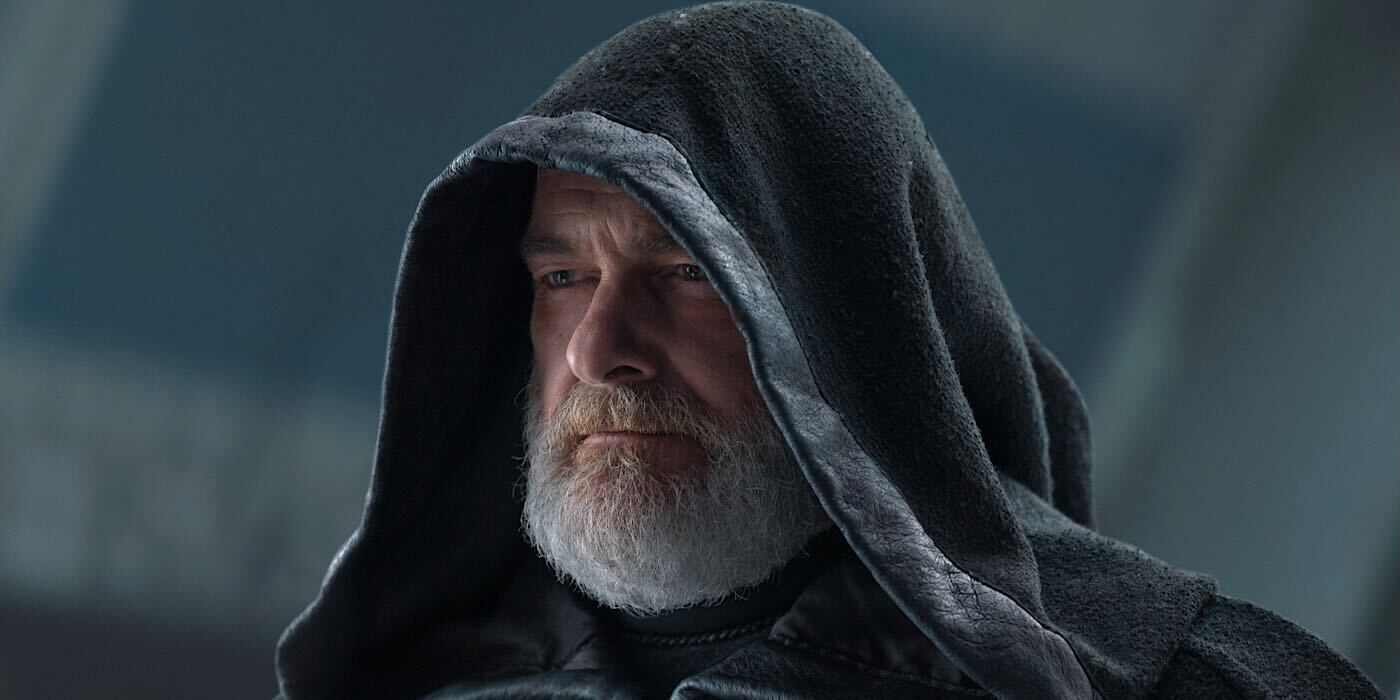
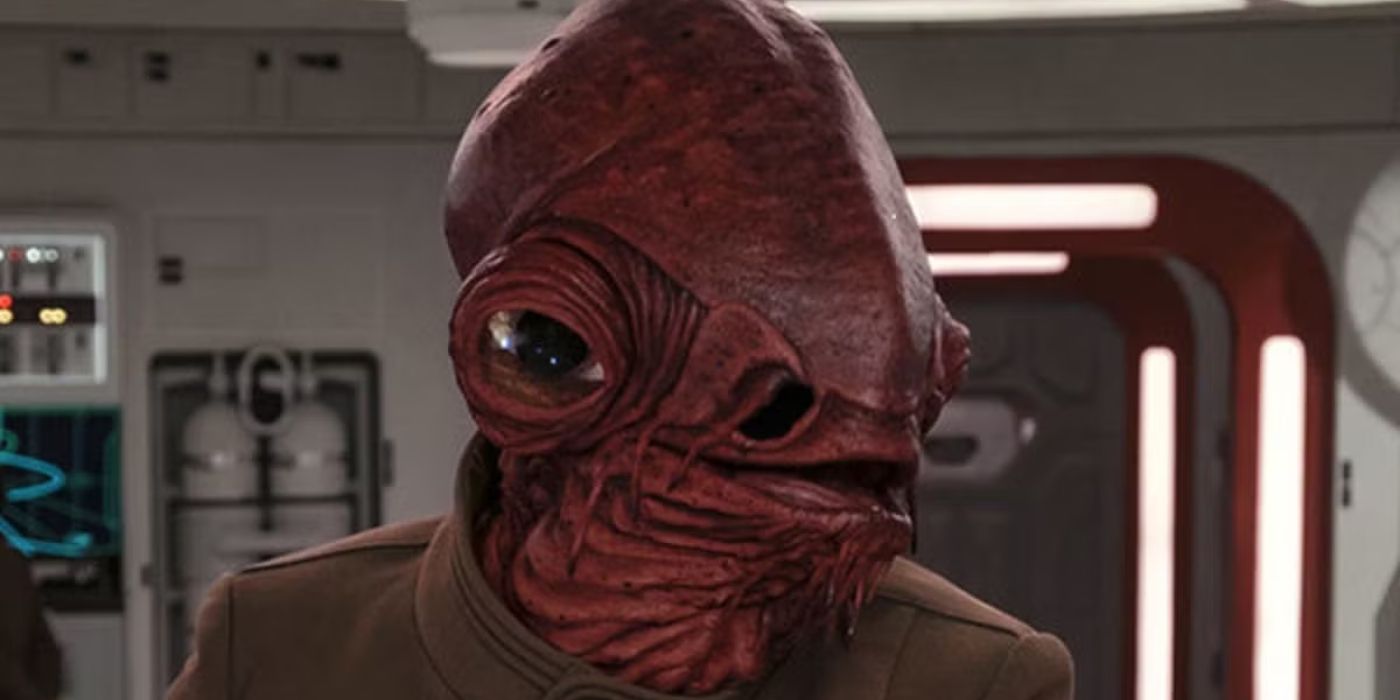




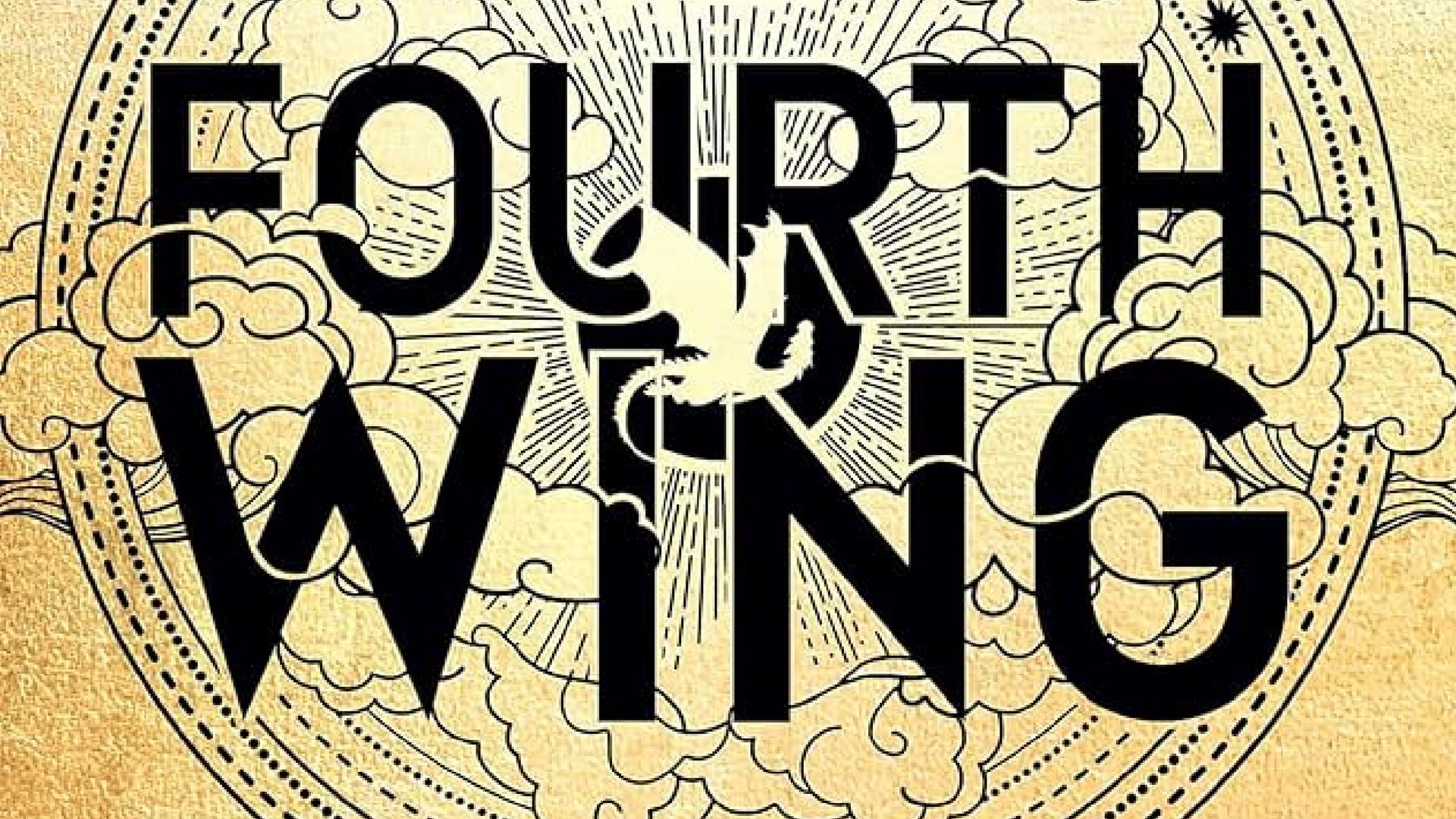

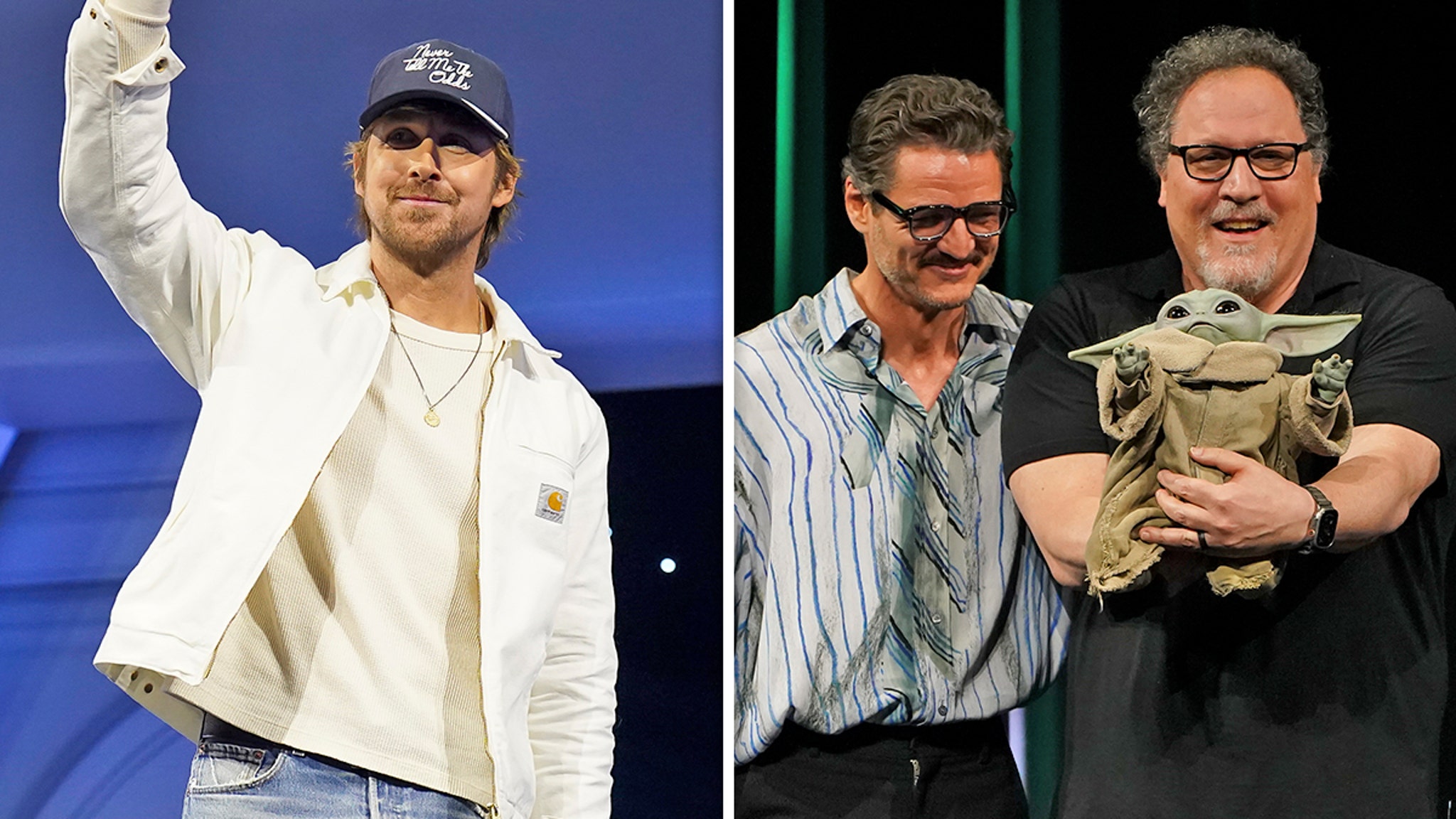
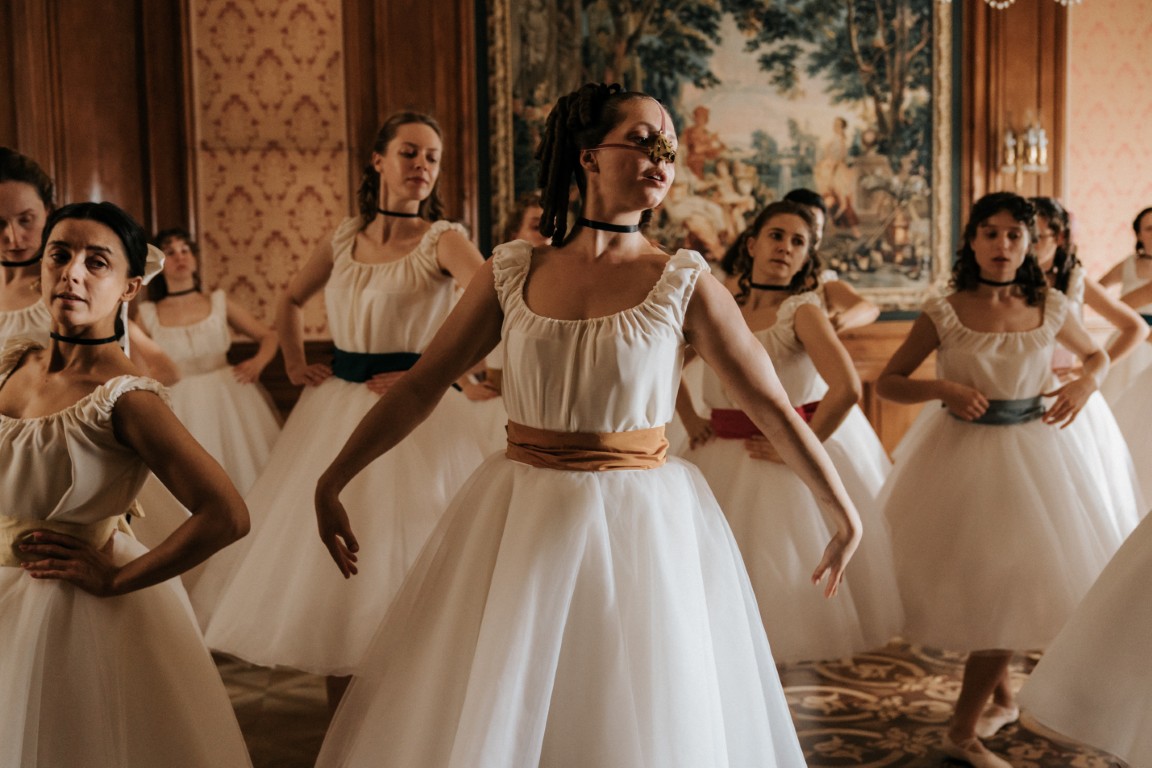



:max_bytes(150000):strip_icc():focal(749x0:751x2)/gabrielle-union-dwayne-wade-christmas-122723-tout-fd33bff0ca2c4101ad35c5ea29a8ac6a.jpg)



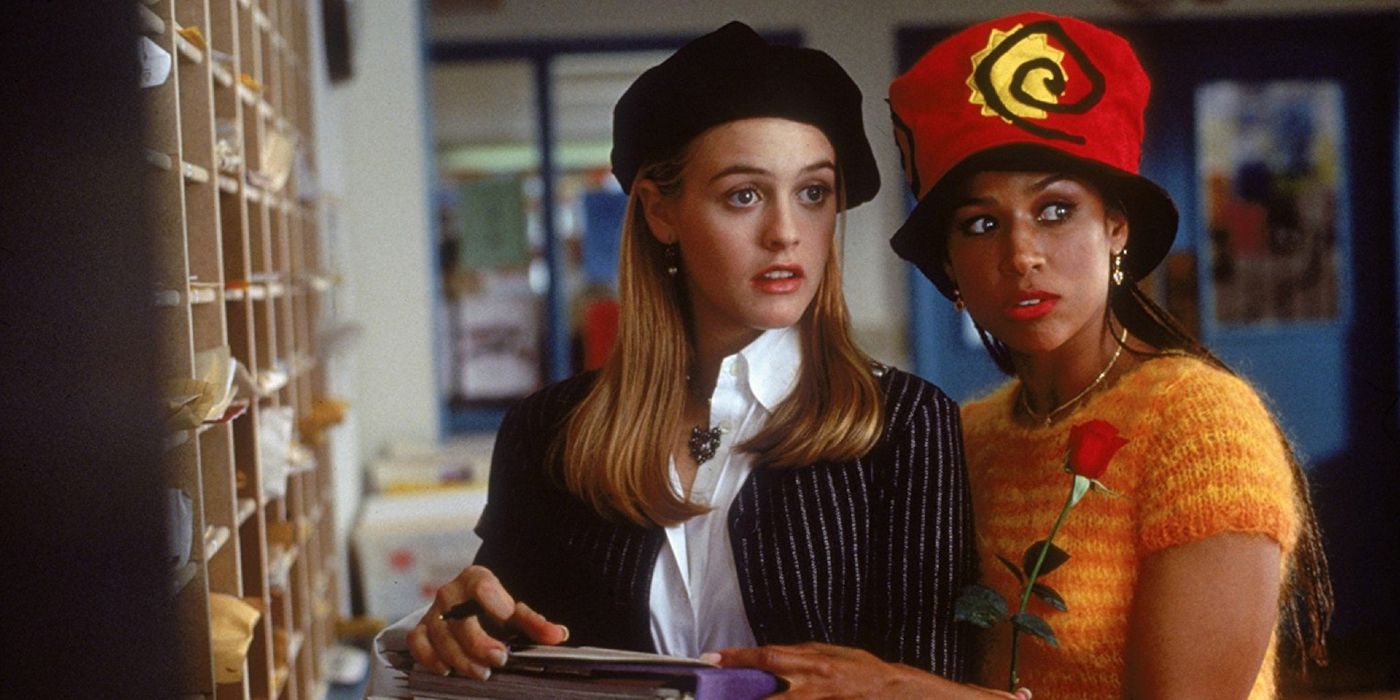

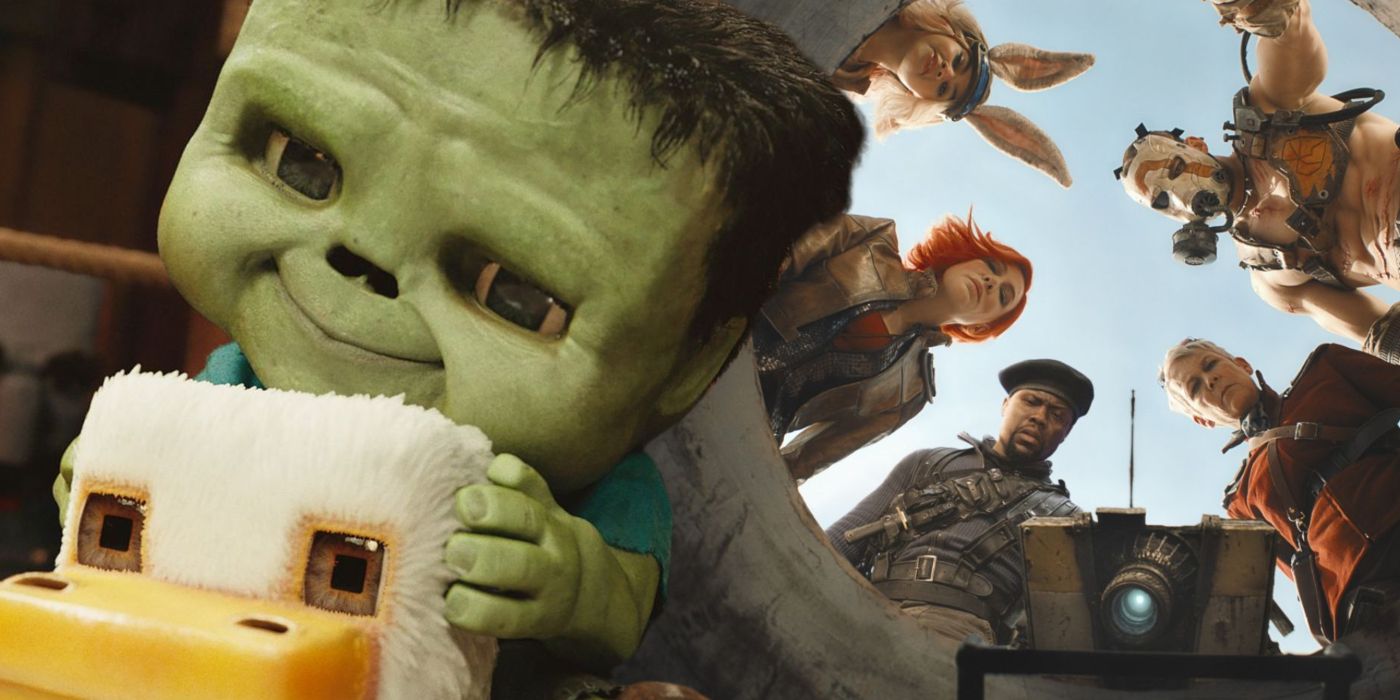
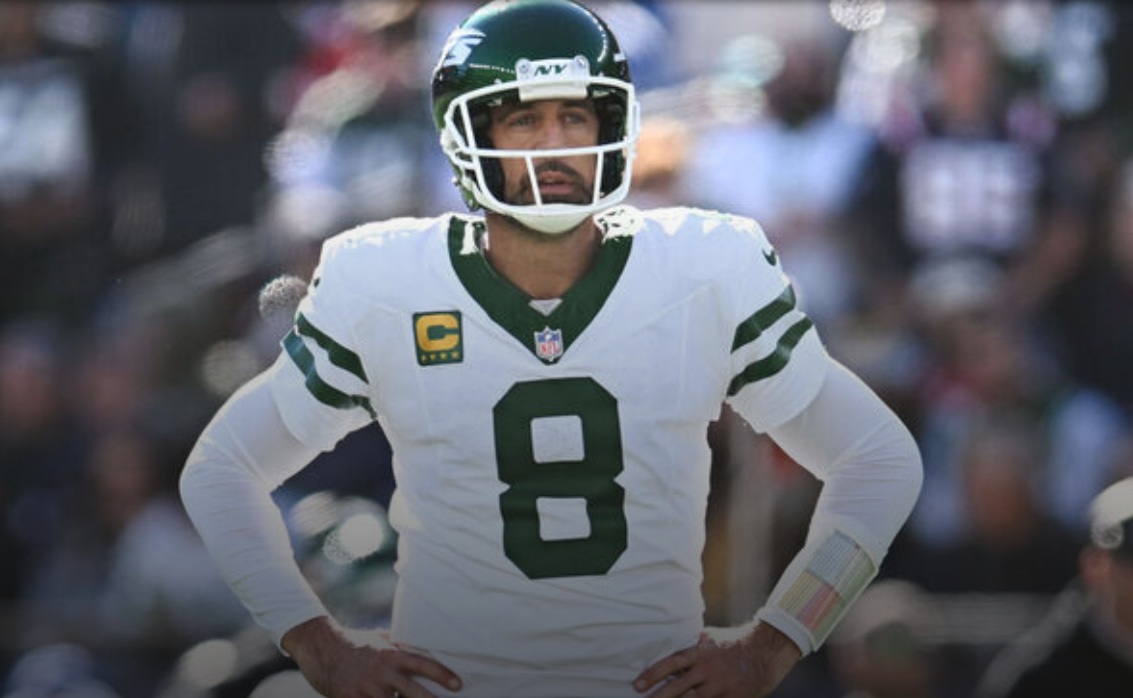



:quality(85):upscale()/2025/04/17/966/n/1922564/69dc205568017c7cad79f2.40744747_.png)


